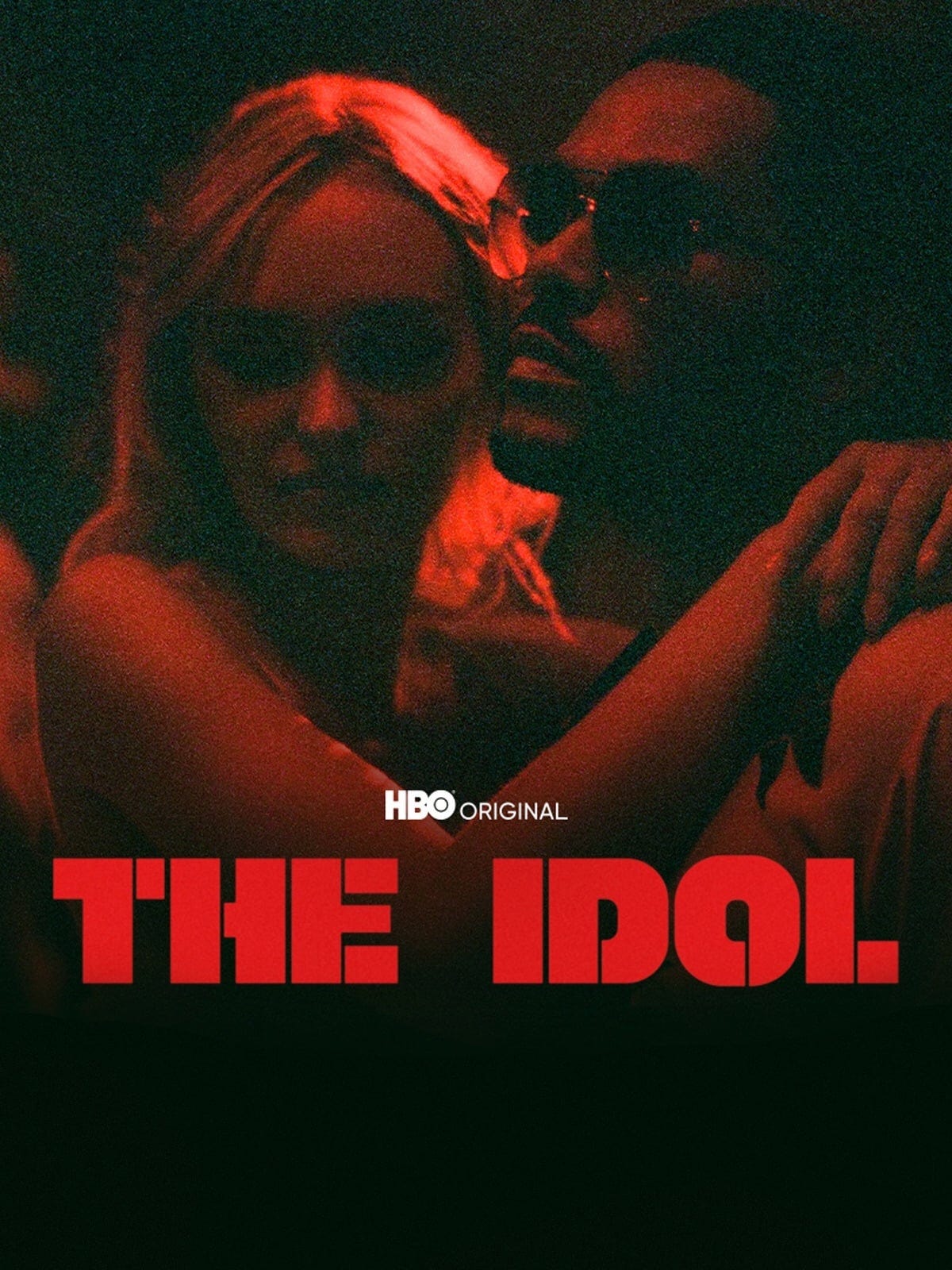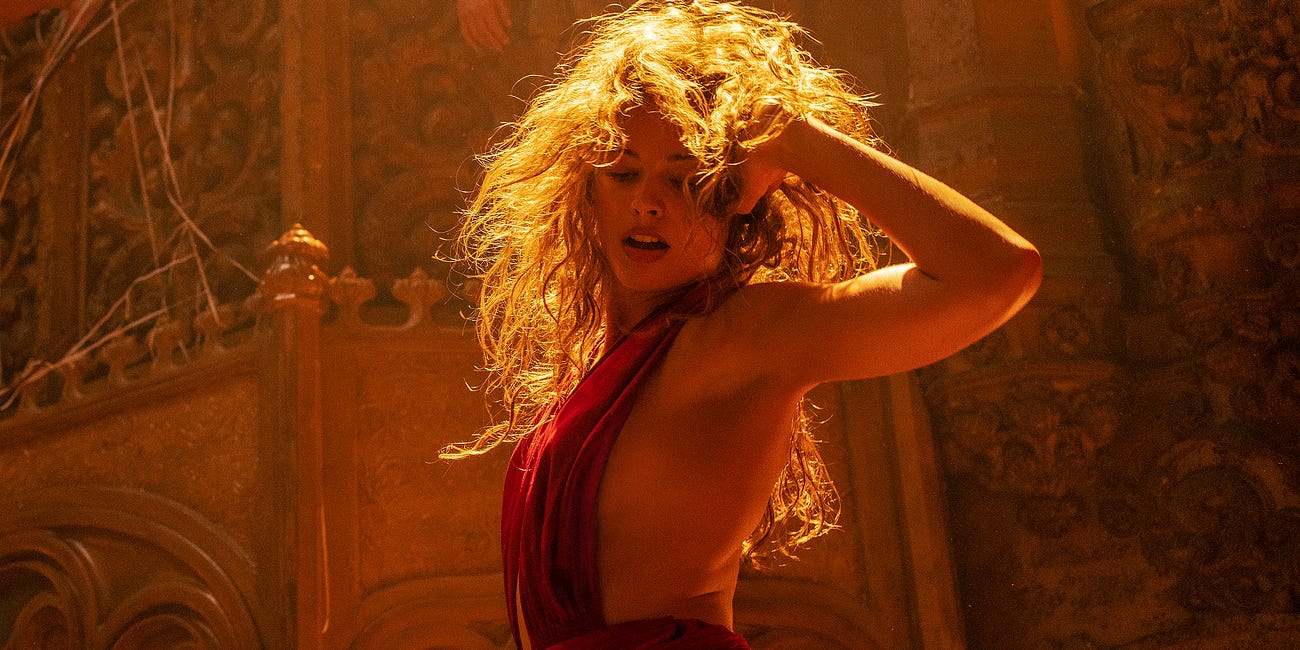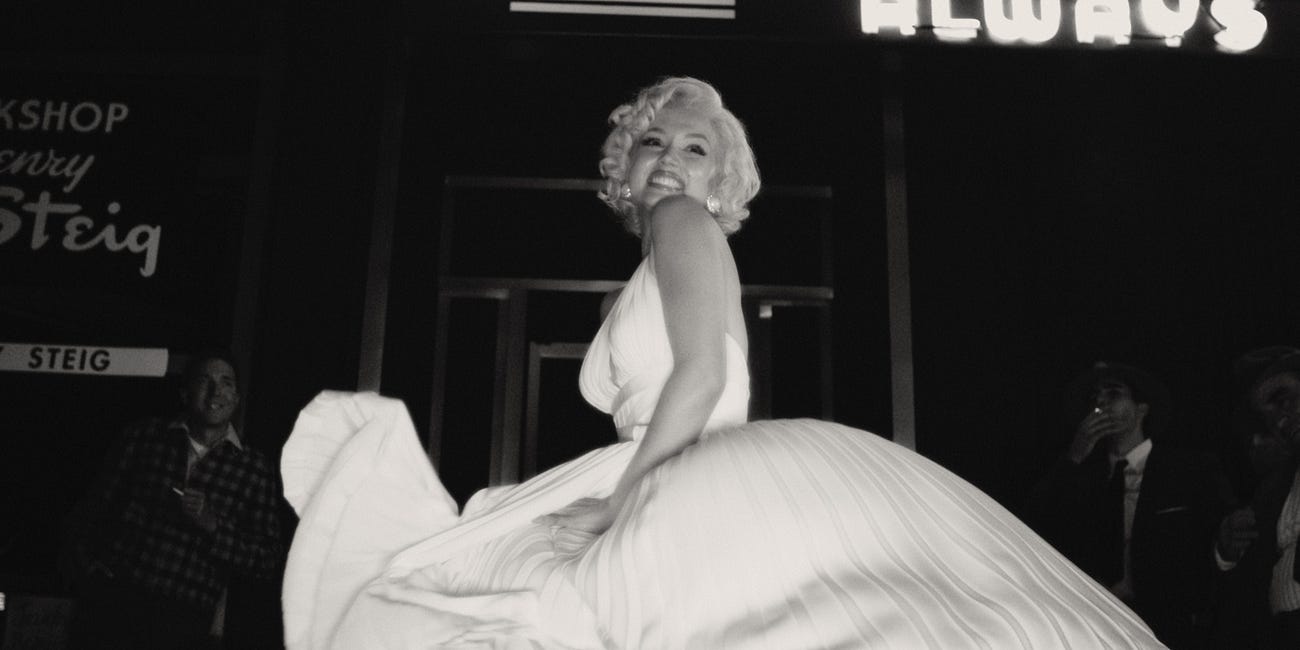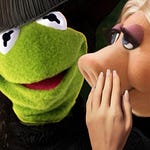The Acquired Tastes Auditory Experience - Episode #2

Before the series premiered, The Idol was screened at the Cannes film festival and was immediately trashed by critics. An air of indignant offense swirled around the depiction & exploitation of the program’s lead actress, Lily-Rose Depp.
For the record, Lily-Rose Depp has nothing but praise for the show’s creator, Sean Levinson (Assassination Nation, Euphoria), and has said that she never felt uncomfortable on-set. I am genuinely glad to hear that, but it does not negate the show’s exploitative nature. It is possible to be complicit in one’s exploitation. To what extent does Depp’s consent absolve the show of its problematic content?
When I sat down to watch the series premiere of The Idol, I wanted to know if sexual exploitation was being employed as a means to an end. Does The Idol have something to say about the exploitation of young women and celebrity culture? Is it able to articulate a critique? Or is erotic exploitation an end in itself? Is The Idol anything more than a sleazy provocation?
The first episode is largely devoid of plot and substance, and five days after the premiere I needed to consult my notes to reconstruct an opinion about The Idol. It’s safe to say I found the premiere uncompelling yet interesting. My hope is that, through my notes, I can offer a glimpse into my cognitive processes whilst watching media - good, bad, or unremarkable.
Episode 2 of The Idol premieres tonight on Max.
Episode References
Lindsay Ellis on framing superseding text:




Re: “The Politics of Offense” in film criticism and Andrew Dominik’s Blonde:
"Old Hollywood" and Offended Sensibilities - Part I
“Taking offence, and making a show of it, is a peculiarly self-theatrical, melodramatic, histrionic gesture in the annals of criticism. It is an attractive gesture – attractive to a reading or list…
"Old Hollywood" and Offended Sensibilities - Part II
The history of popular film, and pop culture more generally, shows us that any form whatsoever – absurdist comedy, exploitative horror, pulp-trash fiction, tasteless parody – can be (and probably will be) applied to the events of our collective, real-life history; and that all sorts of unlikely insights may well be generated from these sometimes bizarre…
“Sexually empowered women” rendered via the male gaze:
We Need to Talk About Camp
“Camp is a vision of the world in terms of style -- but a particular kind of style. It is the love of the exaggerated, the ‘off,’ of things-being-what-they-are-not.” “Camp... is not a natural mode of sensibility… the essence of Camp is its love of the unnatural: of artifice and exaggeration… Camp…












Share this post